|
|
|
|
Happy Sunday − and welcome to the best of The Conversation U.S. Here are a few of our recently published stories:
When I was a kid, I was a super fan of the Buffalo Bills. I grew up in a small town in North Dakota, far from the football-obsessed culture of Buffalo, New York, but still rooted for the team even as they got trounced in four consecutive Super Bowls. It made me feel part of a community of like-minded believers in the impossible.
Research shows that’s one of the perks of fandom, along with making friends and boosting happiness. As I’ve grown older, I also noticed some more negative aspects of being a super fan, such as misbehavior and even rioting after a loss – or a win.
Aaron Mansfield, an expert in sport consumer behavior who actually grew up in Buffalo as a passionate Bills fan, also wondered about the psychology of fandom but realized there was very little research on how it affects physical health. So he did his own.
His main finding: “Playing sports is healthy. But watching them? Not so much.” In one of last week’s most popular stories, Mansfield explores the challenges related to health in sports, especially among the most committed fans.
|

|
Bryan Keogh
Managing Editor
|
|
Readers' picks
|

Aaron Mansfield, Merrimack College
Being a sports fan has been shown to cultivate a sense of belonging. But what about all that sitting, snacking and drinking? And what does that mean for younger, health-conscious fans?
|
|
|
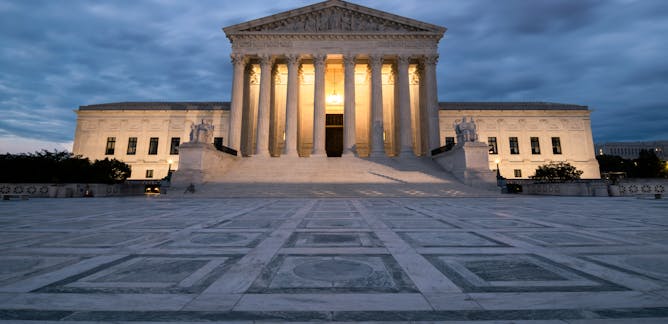
Graham G. Dodds, Concordia University
Recent rulings indicate that the high court is leaning toward expanding the type of presidential power that is more emblematic of dictatorship than democracy.
| |

Douglas M. Charles, Penn State
FBI director Kash Patel says he is making the bureau more accountable. Critics charge him with purging it of anyone not perceived as loyal to President Trump.
|

Elizabeth Chiarello, Washington University in St. Louis
Controversies often arise over pharmacists refusing to dispense medication, from Plan B to unproven COVID-19 treatments. Each one raises questions about professional rights and responsibilities.
| |
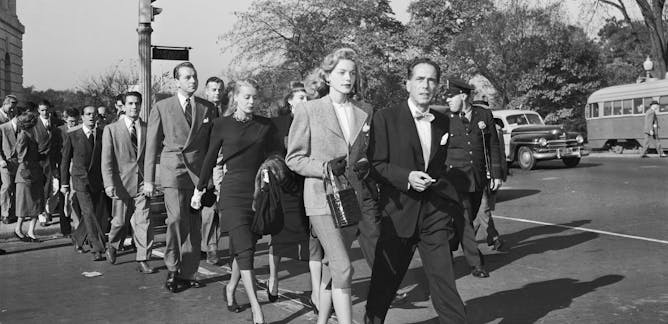
Kathy M. Newman, Carnegie Mellon University
Even after the original group fizzled, many of its members were able to keep making films with progressive messages.
|
|
|
Editors' picks
|

Claire Wilcox, University of New Mexico
A consensus is emerging among scientists that certain foods are addictive for some people. But questions remain about which foods, which people and why.
|
|
|
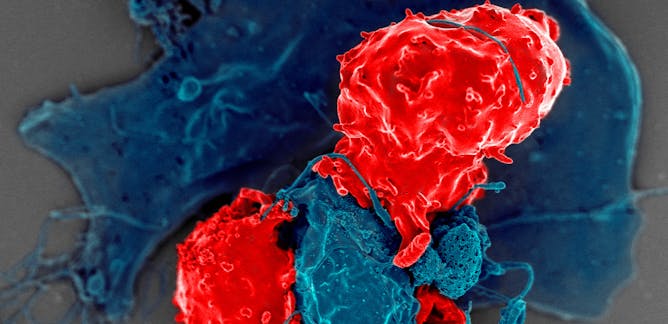
Aimee Pugh Bernard, University of Colorado Anschutz Medical Campus
Regulatory T cells help your immune system distinguish between ‘self’ and ‘nonself’ – and can open doors to better treatments for cancer, autoimmune disease and transplant rejection.
| |
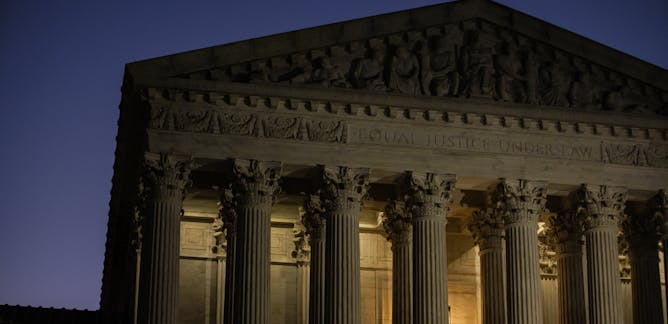
Morgan Marietta, University of Tennessee
With partisan advantage, clashing perceptions of reality and revolutionary readings of the Constitution all in play, the Supreme Court’s cases this year reach far into American politics and culture.
|
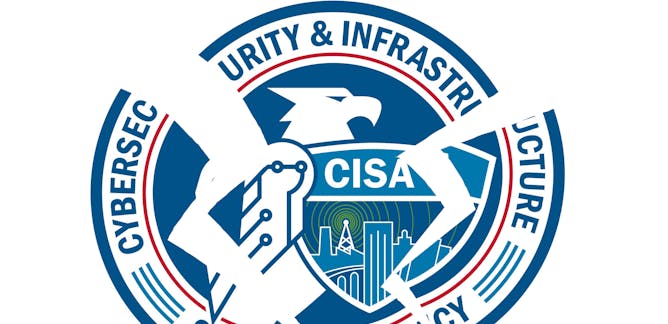
Richard Forno, University of Maryland, Baltimore County
The triple whammy of deep staff cuts, shutdown furloughs and the expiration of an information-sharing law leaves national cybersecurity in a perilous state.
| |
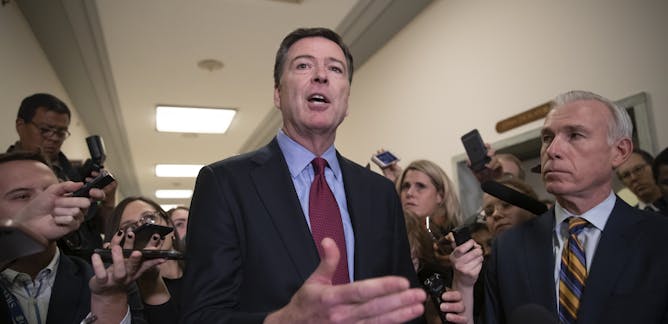
Cassandra Burke Robertson, Case Western Reserve University
The former FBI director’s indictment breaks a principle that has protected American democracy for 50 years.
|
|
|
News Quiz 🧠
|
-
Fritz Holznagel, The Conversation
Test your knowledge with a weekly quiz drawn from some of our favorite stories. Questions this week on Nobel Prize-winners, the Supreme Court and wings.
|
|
More of The ConversationLike this newsletter? You might be interested in our other weekly emails: Follow us on social media: About The ConversationWe're a nonprofit, independent news organization bringing you facts and analysis to help you make sense of our complex world. We can give away all our articles without any ads or paywalls thanks to the help of foundations, universities and readers like you.
|
|
| |
| |
| |
| |
|
|
|
|
|
|
|